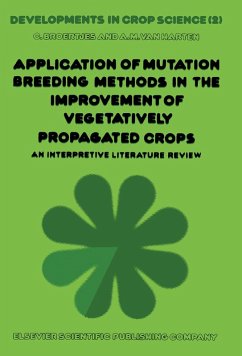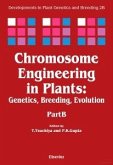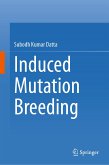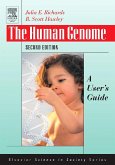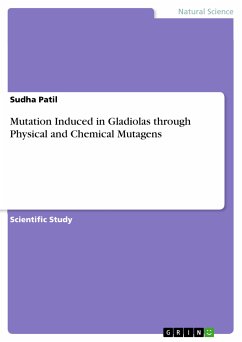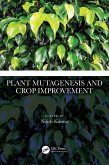Comprised of eight chapters, this volume begins with an overview of various aspects of mutagenic treatment using chemical and physical mutagens. It then discusses the structure and functioning of shoot apices and their behavior after irradiation; adventitious bud techniques and other in vivo or in vitro methods of asexual propagation; and breeding of root and tuber crops, such as cassava and potato, ornamental crops such as foliage plants and cut flowers, fruit crops, and other crops.
Plant breeders who want to better understand how to apply mutation breeding to their crops will find this book extremely helpful.
Dieser Download kann aus rechtlichen Gründen nur mit Rechnungsadresse in A, B, BG, CY, CZ, D, DK, EW, E, FIN, F, GR, HR, H, IRL, I, LT, L, LR, M, NL, PL, P, R, S, SLO, SK ausgeliefert werden.

